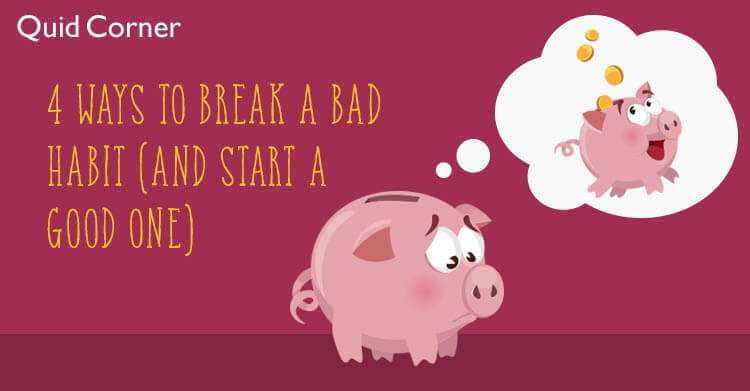Some of us have tiny ticks that can be seen as negative or annoying. Others struggle with bigger problems that can hinder their health, finances, career and more. Though they vary in severity, we all have bad habits — you also have the power to break them. We’ve found some simple and universal techniques you can use to wean yourself off the addictive cycle of a bad habit.
Find a Source of Accountability
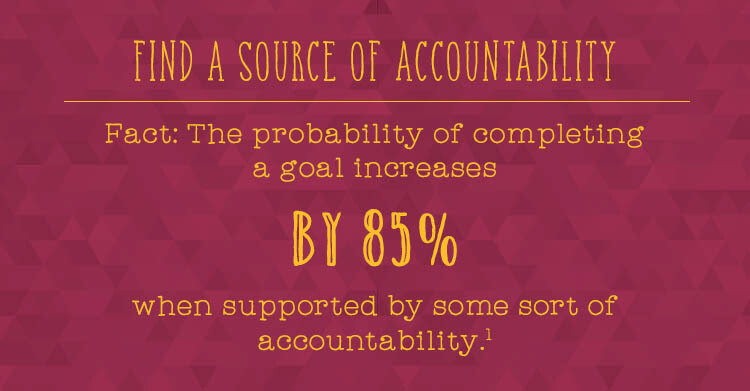
Accountability can be a safety net when you’re trying to suppress bad habits. It’s easy to let yourself slip back into your old bad habits when it’s just you telling yourself it’s not OK. When you are debating with yourself, it’s all too simple to just cave and let yourself fall back into what you desire, even if it’s bad for you. However, if you have an extra set of eyes watching out for when you start inching your way back into the routine you’re trying to break, it’s much easier to remember how you started.
Find a friend who also has a bad habit they want to break and keep each other accountable. Check in on that person and ask about their progress. Offer potential solutions to roadblocks they come across. If you don’t have a partner to help you out, document your journey on a blog or through social posts. Knowing that you have an audience that wants to see you to succeed can be just as valuable as reporting to a single person.
Piggy Bank Motivator
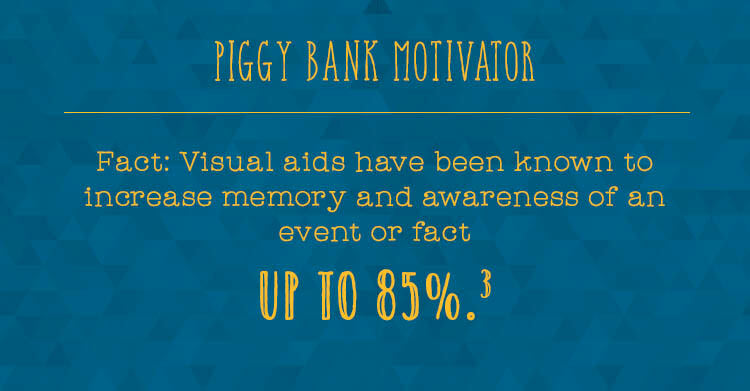
Get a jar and place it somewhere you frequent as a visual reminder of what you’re setting out to do. When you perform your bad habit, you feel rewarded. Without the reward, you may lose motivation to stick to your goals. Instead, reward yourself little by little: Every time you resist your old habit or do the opposite of your old habit, put a pound in a jar.
At the end of each week, cash in your bounty and reward yourself. You can also save it all for when you’ve kicked the bad habit for good and get yourself a bigger reward.
Ditch Your Triggers
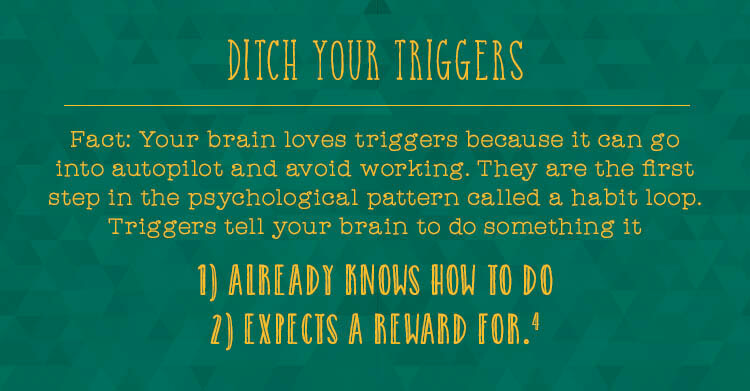
Have you ever had a moment where you weren’t doing your bad habit but something reminded you of it, so you did it anyways? Triggers come in many different forms, but they typically fall into the following categories: location, time, emotional state, people and/or preceding action. For example, let’s say you take cigarette breaks at work in the parking lot. You realise at lunchtime you left your food in the car and need to go out to the lot. You didn’t think about smoking before you left, but once you reached the parking lot, you pulled one out. Triggers like this can be the biggest detriment to someone who wants to break a bad habit.
Instead, be proactive. Once you decide to break the habit, sit down and think about your triggers and possible solutions to each one. Some triggers you can’t ignore, so it’s important to find other actions you can take. If you tend to stress-eat after intense meetings, set up a calendar reminder to take a walk around the office immediately following the meeting instead. You cannot avoid a work meeting altogether, but you can take action rather than stay dormant (which can lead you to cave).
Refocus Your Energy On A New Habit
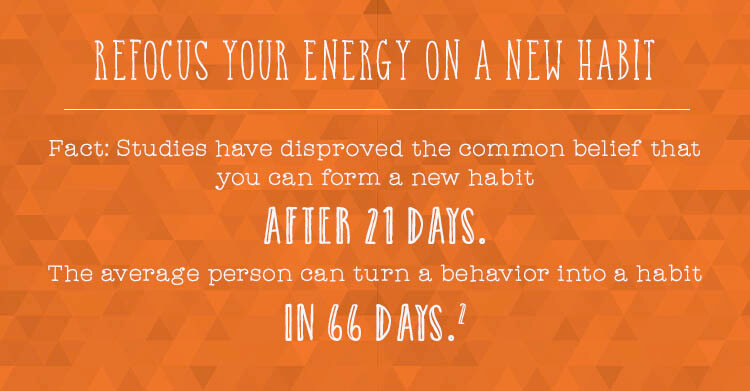
Why is it so challenging to form a new habit? The struggle varies from person to person, but here are common reasons why people never make it to day 66:
The source of the motivation to change is not genuine — it was more of a suggestion from another person or another source that you adopted, but that you do not feel impassioned about.
You are unable (or unwilling) to set aside the proper amount of time to dedicate to make this habit a way of life.
Instead of focusing on one new habit, you decided to go all in on several and found it too challenging to balance.
The habit you are trying to form is a large change and cannot be accomplished in such a small window, so you abandon it altogether.
You fall off-track early in the game and let it derail your momentum.
Top Tips
With these roadblocks in mind, here are a few tips to help focus your attention and skip the struggle.
Don’t bite off more than you can chew
Many times when we’re feeling motivated, we dream big and want to delve into all the possibilities that change can bring. While enthusiasm is great for motivation, focusing on too many things at once can spread that enthusiasm too thin, and you’ll lose motivation. Prioritise the habit that will have the greatest impact first, and, once you have that down, explore others.
Break big ideas down into smaller, manageable parts
In the same way that too many goals can overcomplicate things, so can one big idea. If the habit you are trying to form takes a serious amount of effort or cannot be reasonably completed in 66 days, you may want to consider breaking it into smaller habits that are more achievable. For example, if you want to get into the habit of practising your Spanish, break it down into weekly lessons, a regular exchange with a Spanish-speaking pen pal, etc.
Don’t focus on quality, focus on quantity
Whenever you start something new, there is a learning curve. You will not always do really well the first time you try something — keep that in mind when starting a new habit to avoid feeling discouraged. The victory here isn’t what you did, it’s just trying regularly. Habits are about repetition, so your goal should be centred on getting yourself to do what you need to on a consistent basis.
Have a back-up plan
Life is chaos, and there are many events that are out of our control that can put us off course. Instead of letting it ruin your progress, have a plan in place to jump right back in to your habit-forming routine.
Our Sources
1 - Meurer, S. G. (04 January 2015). How to increase the odds of reaching your goals by 85%. Retrieved 07 December 2016, from https://uponly.co/2015/01/08/how-to-increase-the-odds-of-reaching-your-goals-by-85-2/
2 - Gutierrez, J. (21 September 2016). How long it really takes to form a new habit (and how to get started). Retrieved 07 December 2016, from https://www.pickthebrain.com/blog/how-long-it-really-takes-to-form-a-new-habit-and-how-to-get-started/
3 - Arkadin Collaboration Services. (n.d.). Undeniable conference impact: Using visual aids. Retrieved 07 December 2016, from https://www.accuconference.com/resources/conference-impact.html
4 - Duhigg, C. (5 March 2012). Habits: How they form and how to break them. Retrieved 07 December 2016, from http://www.npr.org/2012/03/05/147192599/habits-how-they-form-and-how-to-break-them

